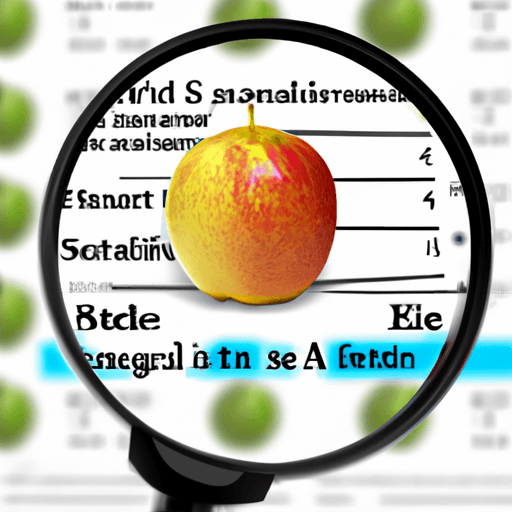Impact and Effectiveness of Standardized Testing on Evaluating Students' Intelligence
Introduction
Standardized testing has long been the conventional method adopted by education systems worldwide to measure the intellectual abilities of students. While it provides a quantitative measure of student achievement, its effectiveness in reflecting true intelligence is a subject of debate among educators, psychologists, and students.
Analysis of Standardized Testing
Educators' Perspective
Educators argue that standardized tests provide a universal metric for comparing student performance. However, critics contend that these exams do not accurately measure intelligence as they focus only on certain subjects and neglect other forms of intelligence, such as emotional and creative intelligence.
Psychologists' Perspective
For psychologists, intelligence is a multifaceted construct that cannot be fully captured by standardized testing, which primarily evaluates language and mathematics skills. They argue that these tests overemphasize memory and recall abilities rather than critical thinking and problem-solving skills.[1]
Students' Perspective
Many students feel the intense pressure leading up to standardized tests, which may adversely impact their performance. Furthermore, they argue that these exams limit their full range of abilities and talents, effectively pigeonholing them into narrowly defined academic success.
Potential Biases and Implications
Standardized tests can inherently favor certain demographics. For example, students from higher-income households can afford private tutoring and test-preparation resources, potentially skewing results. Linguistic and cultural biases can also pervade these tests, marginalizing students from diverse backgrounds.[2] These factors could shape students' academic progress and post-secondary pathways, reinforcing socioeconomic and cultural inequalities.
Alternative Assessments
Given these concerns, schools are increasingly exploring alternative forms of assessment. These methods range from project-based assessments, presentations, to participation in extracurricular activities. Such alternative means can provide a more holistic measure of a student's abilities, accounting for their creativity, leadership, and teamworking skills, among others[3].
Conclusion
While standardized testing has its merits, it falls short in fully capturing the breadth and depth of a student's intellectual capacity. In an evolving educational landscape, broadening the means of assessing student intelligence may prove vital in nurturing diverse talents and reducing educational disparities.
References
- Belluck, P. (2011). 'Intelligence: More than IQ'. New York Times.
- Brown, A., & Day, E. (2016). 'The Toll of Racial and Socioeconomic Disparities in Standardized Testing'. The Atlantic.
- Darling-Hammond, L. (2010). 'Performance Counts: Assessment Systems that Support High-Quality Learning'. Council of Chief State School Officers.



















Comments
Leave a Comment